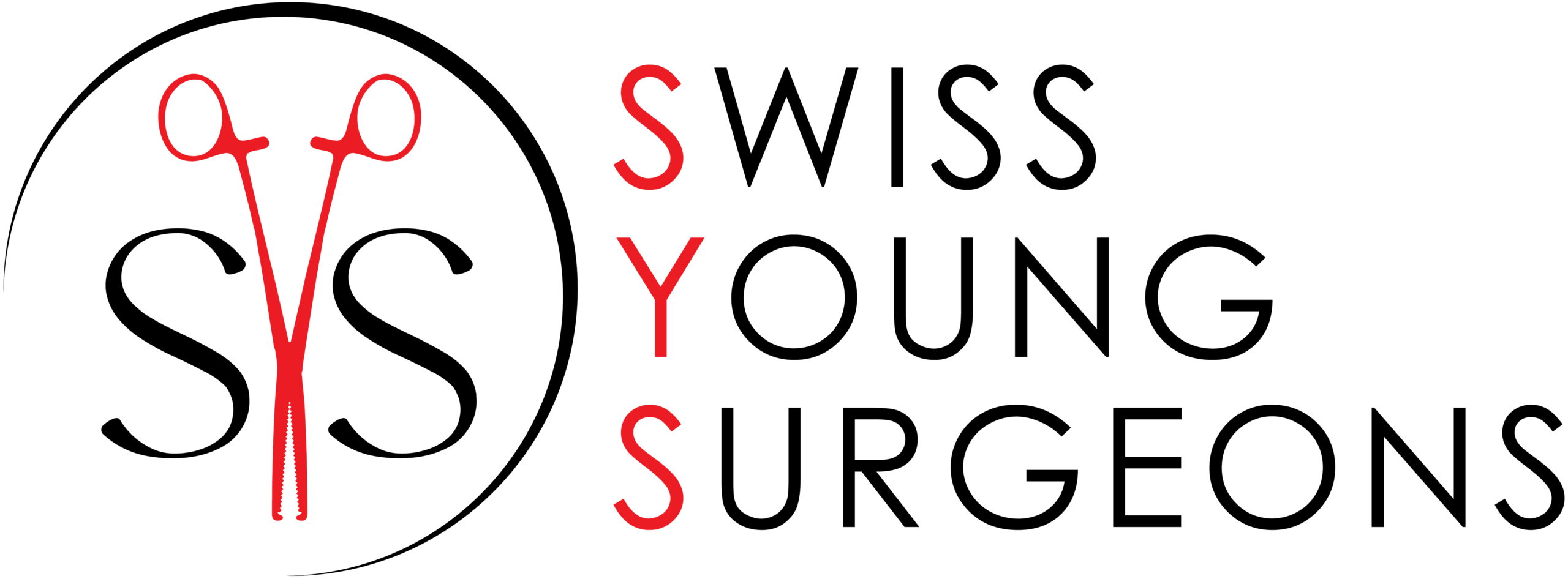Mini-CEX/DOPS
Workplace-based assessments such as the Mini Clinical Evaluation Exercise (Mini-CEX) or Direct Observation of Procedural Skills (DOPS) are feedback tools for everyday clinical practice. They facilitate the setting of learning objectives following direct observation and the documentation of the level of further training. When carried out repeatedly, workplace-based assessments provide a helpful basis for discussion in evaluation and employee appraisals.
The SIWF stipulates that at least four Mini-CEX or DOPS must be carried out per year. These must then also be documented in the e-logbook. So don’t forget this important documentation and talk to your superior after an operation or ward round, etc.
Basic surgery exam
The basic surgery exam is a written test designed to evaluate basic knowledge of surgery. The requirements for passing the basic surgery exam are set by the SIWF and the surgical professional associations.
The exam can be taken after two years of surgical training. Only those who have a Swiss or recognised foreign medical degree are eligible to take the basic exam. Passing the basic surgery exam is a prerequisite for participating in the oral-practical exam of the professional association for surgery.
In order to create equivalent examination conditions for all parts of the country and language regions, the basic surgical examination is conducted in English for all participants. In line with this change, the “SESAP” is recommended as one of the suggested reading materials.
The SESAP program (Surgical Education and Self-Assessment Program), developed by the American College of Surgeons (ACS), consists of case-based multiple-choice questions. Concise critiques provide evidence-based explanations for all possible answers and support references from current literature. The questions relate to the main content areas of general surgery.
Further information on the basic exam can be found on their homepage.
